 By: Rogerio Domenge
By: Rogerio Domenge
In recent decades, there has been a growing concern in the national and international business world over activities that may cause pollution, global warming, greenhouse gas emissions and exhaustion of renewable energy sources. These concerns have had an increasing impact on business strategies and models, incorporating new variables into their design or redesign (planning, mission, vision, values, organizational culture, sustainable development, etc.) and in their execution (quality systems, waste and emissions management, product and production technologies, recycling, facilities, logistics, energy generation and consumption, etc.), all according to the relatively new notion of the “sustainable company.” Many times, however, there is no clear idea of what “sustainability” means, its purposes, or the reasons for a company to adopt it.
 By: Daniela Ruiz
By: Daniela Ruiz

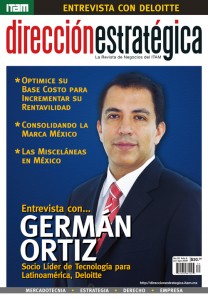

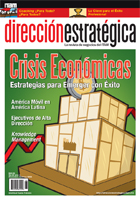

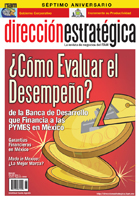
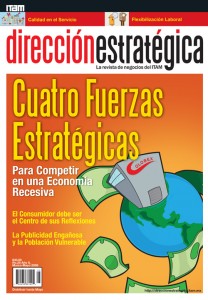
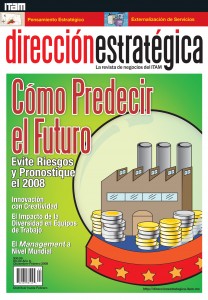



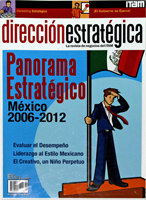
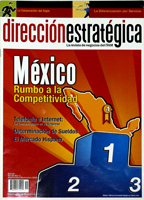

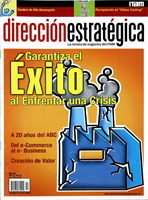


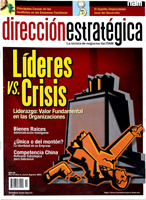






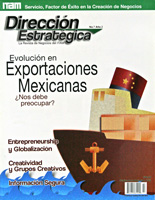

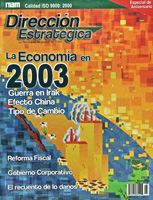




SMEs at the SUMMIT (CIMA)*
By: Antonio Lloret
Professor and Researcher at the Business School
ITAM
Sustainability and social responsibility efforts of companies seems to be exclusively focused on large companies, those that are listed in the stock exchange or simply those that are recognized by the population at large. However, more than 99 of every 100 companies in Mexico are medium or small, PYMES (SMEs). Although these companies only concentrate 35% of the total gross production, they hire 73% of personnel employed (INEGI 2010). PYMES play no small role in the economy, in society and in the environment; therefore, it is necessary that they generate a sense of sustainability or social responsibility that is proportionate to their size and their impact, to the extent possible.
(read more…)